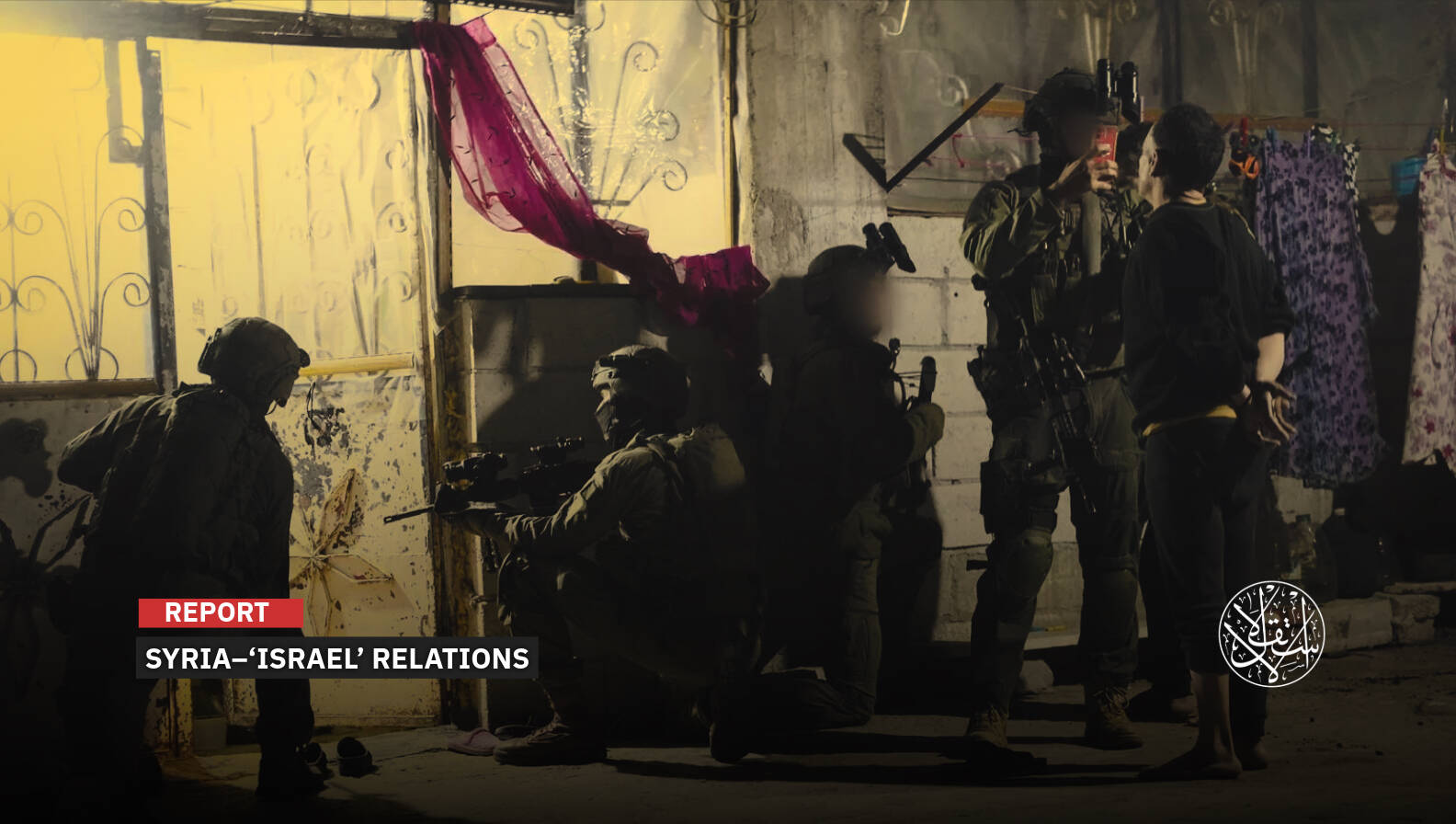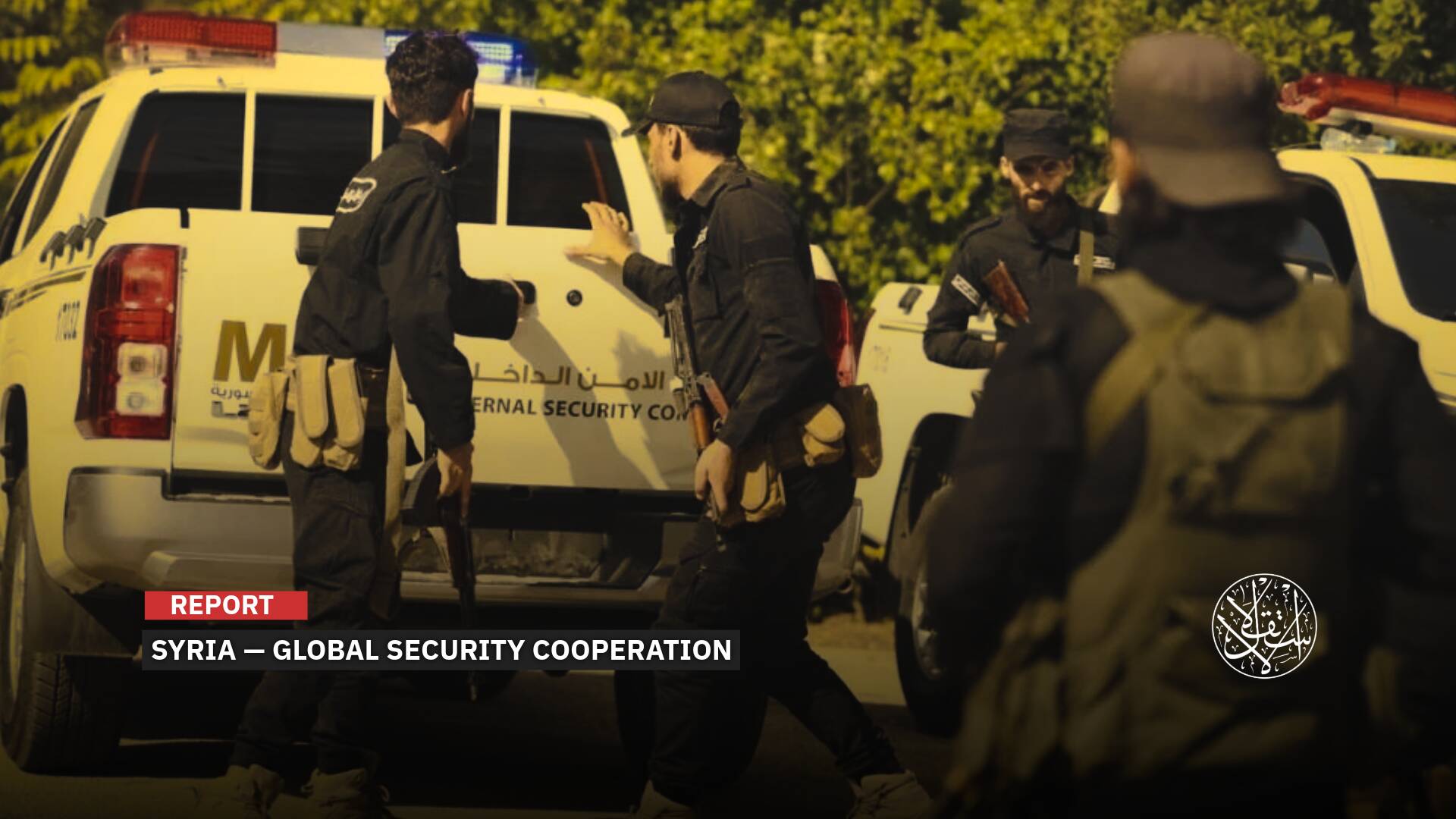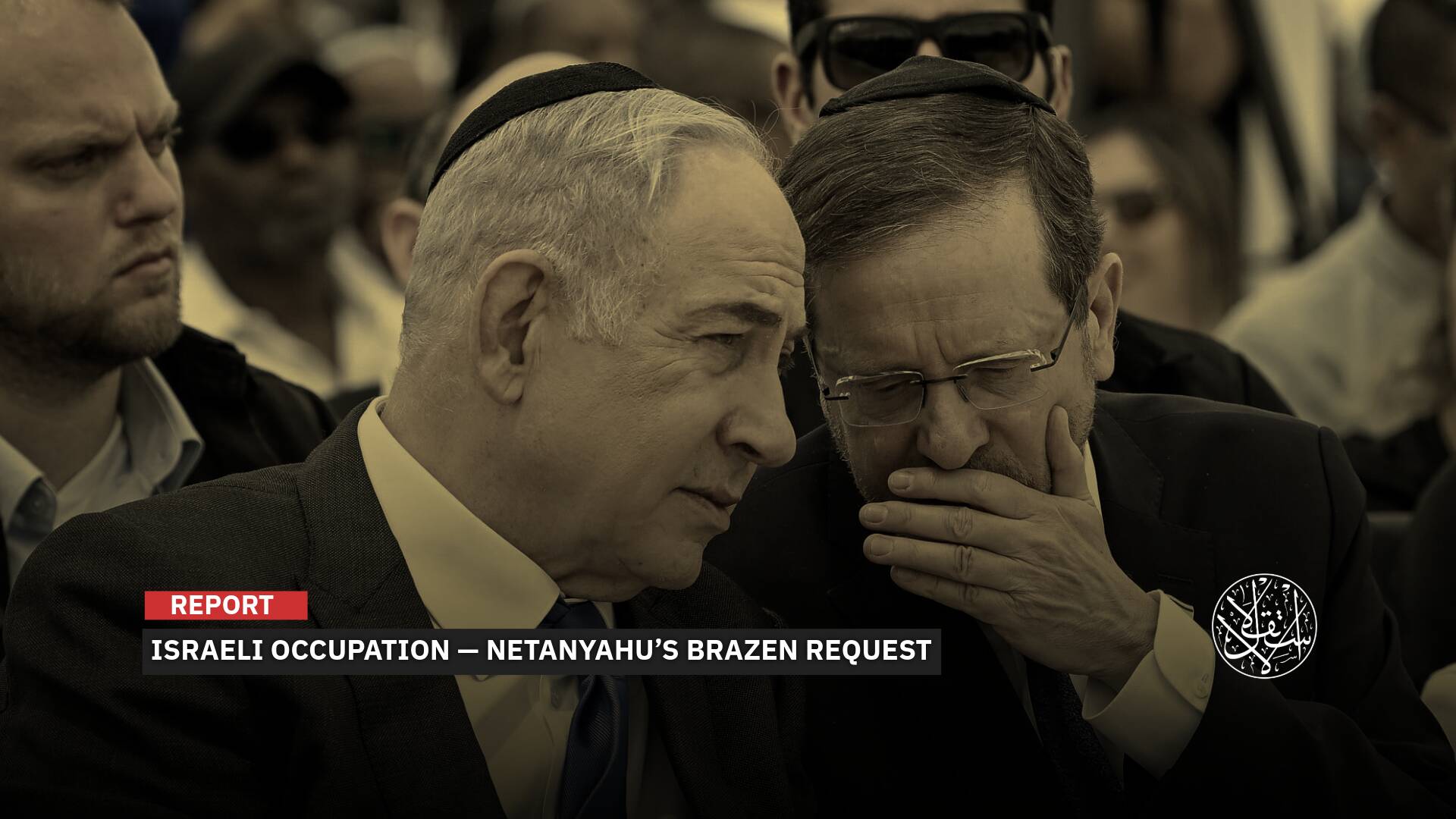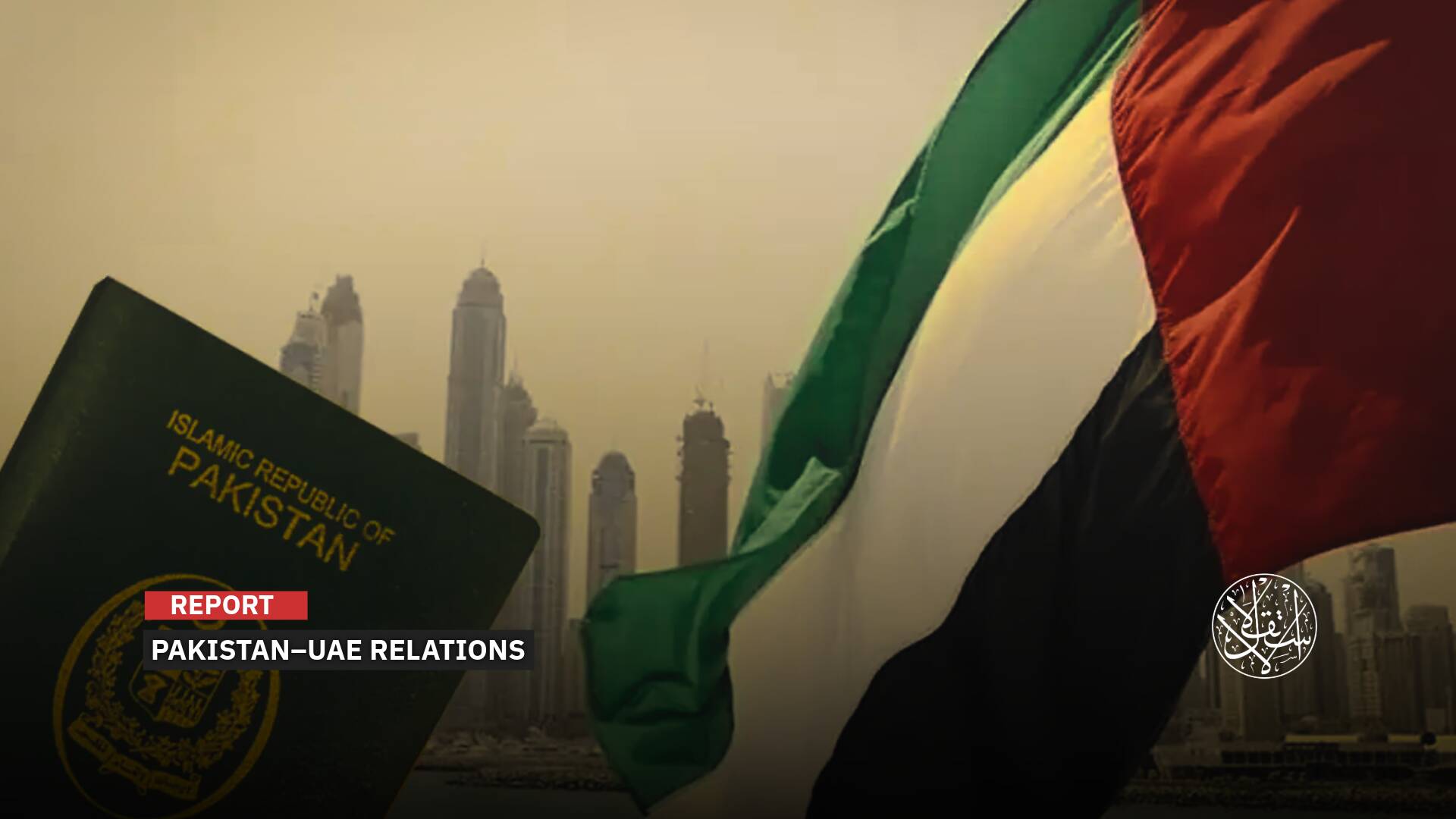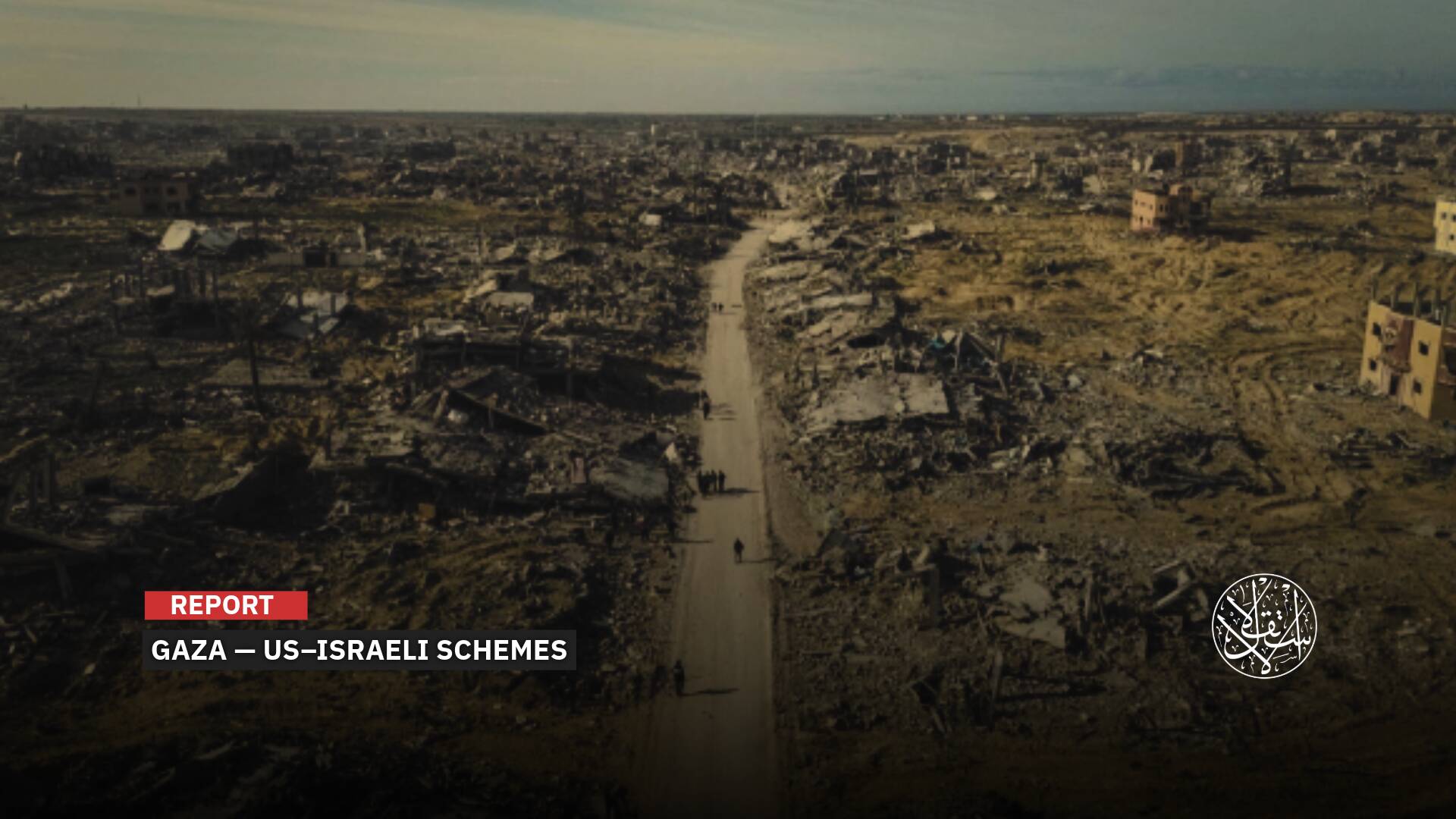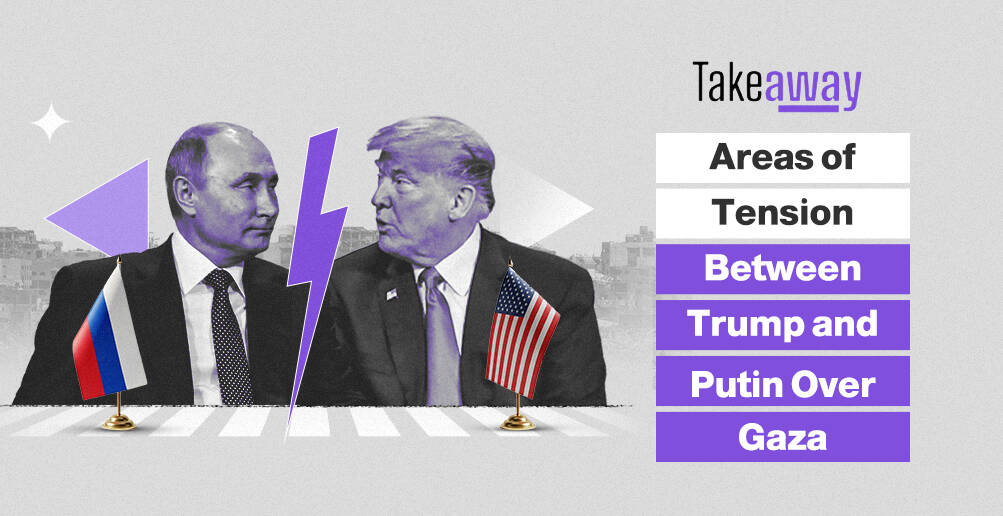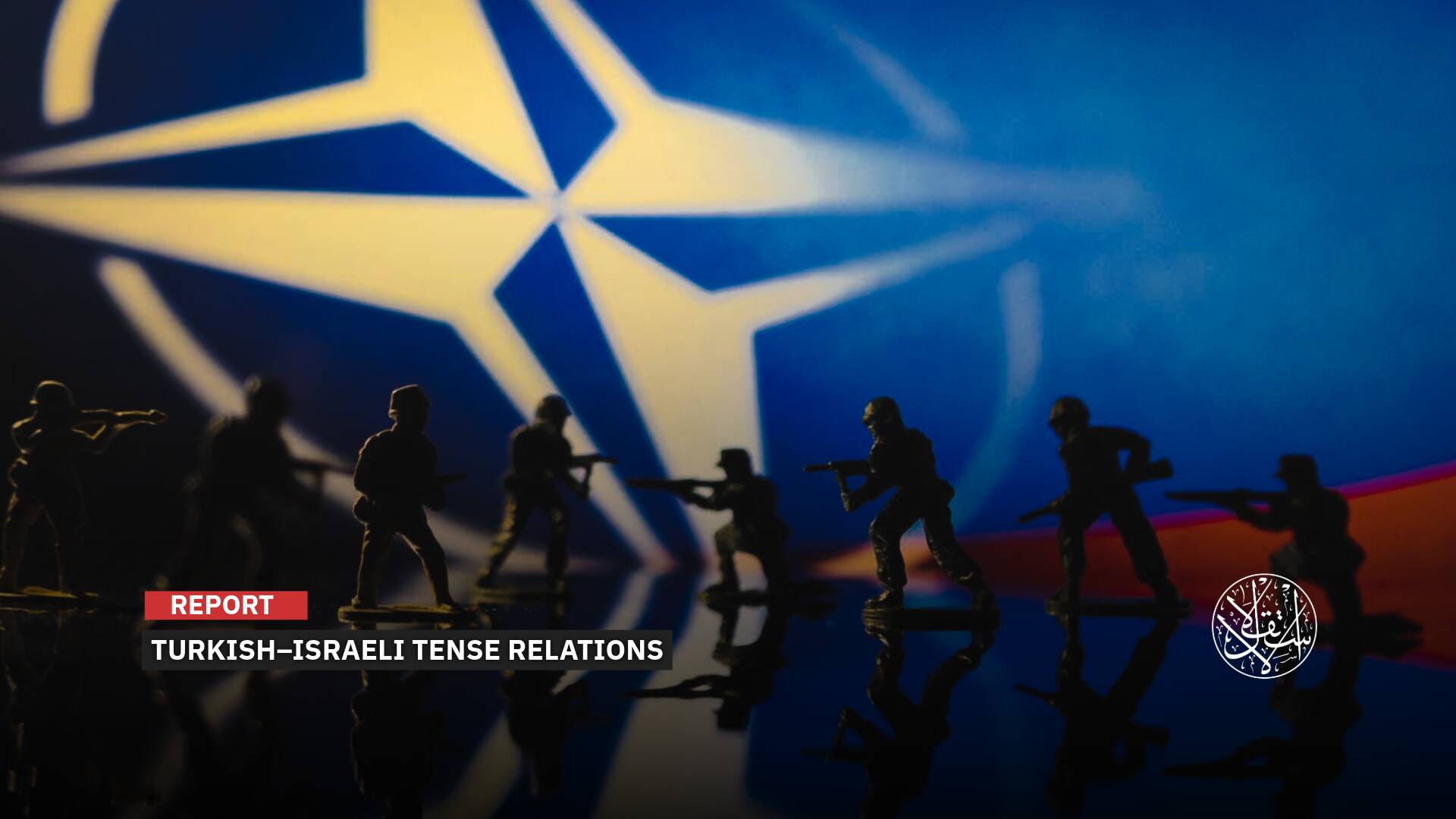Integrating the Forces into the Syrian State: Why Is the SDF Delaying Its Agreement with al-Sharaa?

SDF aims to transform Syria into a federal state with a compound structure.
The file on integrating the Syrian Democratic Forces (SDF) into the new Syrian government remains stalled, despite the signing of a formal agreement between the two sides aimed at achieving just that.
Backed by the United States, the SDF continues to push its vision forward, insisting that Damascus accept political decentralization as a precondition. Yet each round of talks circles back to square one, with the Syrian leadership consistently and officially rejecting the proposal from the outset.
The YPG, the backbone of the SDF, is widely seen as the armed wing of the Democratic Union Party (PYD) — itself the Syrian offshoot of the Kurdistan Workers’ Party (PKK).
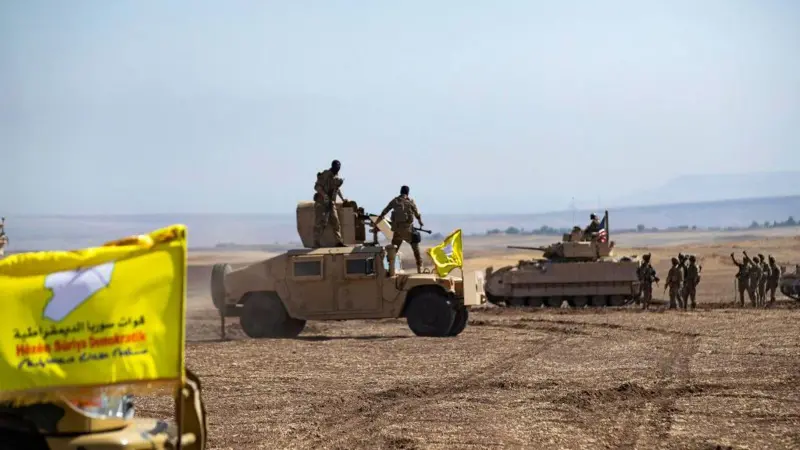
Political decentralization
Mazloum Abdi, commander of the SDF, appeared in a televised interview with Shams TV on May 31, 2025, expressing his forces’ openness to dialogue with Damascus — but firmly within the framework of political decentralization.
“The integration of our forces must take place within a comprehensive political agreement that recognizes decentralization and the rights of the components of North and East Syria,” Abdi stated.
Abdi rejected “quick fixes or cosmetic solutions that fail to address the core issues faced by Kurds and other communities,” adding, “We are seeking a formula that ensures our forces remain as an organized entity within an agreed-upon national framework.”
“We reject returning to square one and are committed to preserving our gains,” Abdi said.
Abdi also noted that the process of integrating SDF forces into the Syrian military establishment, as outlined in the agreement with the Damascus government, could take years to fully implement.
Abdi also revealed the formation of a joint delegation, comprising representatives from the Kurdish National Council and the Autonomous Administration, tasked with negotiating with the Syrian government.
“A new Syria cannot be built without recognizing the rights of all components.”
“The Kurdish people have suffered from marginalization for decades, and we will not accept a repetition of that.”
“I am proud of my Kurdish identity and believe that we are an essential part of Syria's future,” Abdi noted.
On March 11, 2025, Syrian President Ahmed al-Sharaa and SDF commander Mazloum Abdi signed an agreement stipulating the integration of all civil and military institutions affiliated with the Kurdish-led Autonomous Administration into the framework of the Syrian state, including border crossings, the airport, and oil and gas fields.
The agreement, composed of eight articles, envisions the formation of joint committees tasked with overseeing its implementation, which is expected to be completed by the end of 2025.
The agreement also stipulated support for the Syrian state in its efforts to combat remnants of the former regime led by Bashar al-Assad, as well as all threats to its security and territorial unity.
Subsequent rounds of negotiations were held between Damascus and the SDF in areas controlled by both sides, aimed at finalizing the implementation of the deal.
However, senior SDF officials have stepped up media statements stressing that there can be no compromise on the demand for a decentralized and pluralistic political system in Syria.

Building a New Reality
By contrast, Syrian politicians have argued that Kurdish demands for a decentralized system of governance in the post-Assad era pose a threat to national unity.
In a statement issued on April 27, 2025, the office of President Ahmed al-Sharaa said, “We clearly reject any attempt to impose a partition or create separatist cantons under the terms of federalism or self-autonomy without a national consensus.”
“The unity of Syrian territory and its people is a red line,” he added.
“Any violation of this principle constitutes a breach of national solidarity and an affront to the country’s shared identity.”
The statement also pointed out that recent remarks by leaders of the Syrian Democratic Forces, calling for a federal solution, directly contradict the terms of the agreement.
It called on the partners to the agreement, foremost among them the SDF, to honor their commitments in good faith and prioritize the nation’s supreme interests over narrow or external agendas.
The statement reaffirmed that the rights of the Kurds, like those of all Syrian communities, are protected and preserved within the framework of a unified state.
In this context, retired Brigadier General Abdullah al-Asaad, head of the Syrian Strategic Studies Centre “Rasd,” told Al-Estiklal, “The SDF’s insistence on political decentralisation is a troubling sign, as it relies on a dual system of constitutional and political authority with defined powers for each.”
“Administrative decentralisation, by contrast, depends on the unity and centrality of constitutional and political authority. It is this system that can support genuine integration, as it allows for the distribution of administrative powers between the central government and local administrative bodies.”
“This differs significantly from the political decentralisation demanded by the SDF, which implies full autonomy from the state and the ability to make political decisions within separate regions — a scenario that poses a serious threat to Syria’s stability,” al-Asaad continued.
Al-Asaad argued that the SDF is deliberately delaying the fulfilment of integration obligations with the new Syrian state, as its refusal to hand over control of its territories obstructs the realisation of national unity.
“They are still seeking to buy time to create a new reality on the ground,” he said.
He pointed out that the SDF’s current presence in northeastern Syria, coupled with its control over oil and gas resources, signals its intent to implement the autonomous administration, ultimately the project of the Kurdistan Workers’ Party (PKK).
The SDF controls 90 percent of Syria’s oil fields and 45 percent of its gas production, primarily concentrated in the provinces of Hasakah and Deir ez-Zor.
On May 12, 2025, the Kurdistan Workers’ Party (PKK) announced its dissolution, bringing an end to more than four decades of armed insurgency against the Turkish state — a conflict that claimed over 40,000 lives.
Numerous reports have highlighted the removal of foreign fighters from Syria as a key condition for integrating the SDF into the structure of the new Syrian army and reinforcing the country’s territorial unity.
SDF commander Mazloum Abdi has emphasized that the withdrawal of foreign combatants was a fundamental prerequisite for reaching the agreement with Damascus.
However, on May 22, 2025, Turkish President Recep Tayyip Erdogan suggested that the PKK’s decision to disband also extends to affiliated groups in Syria, describing the coming days as “critical.”

The Danger of Armed Clash
The statements by the SDF commander represent a clear blow to the agreement with the Syrian president, which was aimed at unifying the country’s territories under a single authority.
Calls for political decentralization in Syria also risk reopening the door to similar demands in other regions that have experienced tensions since the fall of Bashar al-Assad’s regime on December 8, 2024 — demands for autonomy and international protection.
Experts warn that the SDF’s refusal to back down from its push for political decentralization could spark a military confrontation with the Syrian state, which is determined to extend its control over the entire country by forming a unified army through the integration of all opposition factions and building new security forces.
Within this context, Syrian writer and political analyst Ahmad al-Hawas asserted that “it is difficult to agree to Mazloum Abdi’s demand for political decentralization in Syria, as it would transform the country from a unitary state into a compound one.”
Speaking to Al-Estiklal, he added that the SDF’s proposal “amounts to turning the country into a federal state, which is impossible, as it changes the nature of the state to satisfy the whims and ambitions of Mazloum Abdi.”
“There has been previous talk that Syria might move towards administrative decentralisation, which already exists in principle within local administration laws, though these remain largely unenforced.”
“The majority of Syrians favour activating local governance within a unified, unitary Syrian state,” al-Hawas said.
Al-Hawas also pointed out that Abdi’s claim that integrating the SDF into the Syrian military could take years is a way of evading the agreement signed with President al-Sharaa.
“He has no choice but to implement it, or else face the risk of military confrontation,” al- Hawas warned.
“This means mobilising the Syrian army — and potentially Turkiye — against rebels intent on creating a reality on the ground that undermines the very fabric and structure of the state.”
On May 29, Turkish President Recep Tayyip Erdogan called on the SDF to stop delaying the implementation of the agreement reached with the Syrian government, according to a report by the state-run Anadolu Agency.
According to Erdogan, “We see that the Syrian Democratic Forces continue to employ delaying tactics, and they must put an end to this.”
Erdogan emphasized the “need to preserve the country’s territorial integrity, its unified structure, and national unity.”
Turkiye insists that the SDF either disarm or fully integrate into the new Syrian army.
Turkish President Recep Tayyip Erdogan called on the Syrian government to remain focused on implementing its landmark agreement with the Syrian Democratic Forces (SDF), which stipulates the integration of the U.S.-backed Kurdish-led forces into the newly restructured Syrian Armed Forces.
However, during an online press conference on April 27, 2025, Mazloum Abdi stated that “the PKK’s call to disarm concerns them alone and does not apply to our forces” in northeastern Syria.
The SDF claims that their weapons are focused solely on combating ISIS, having participated alongside the U.S.-led international coalition in driving the group from its last strongholds in the Deir ez-Zor countryside in 2019.
Al-Hawas points out that “the SDF’s delay in implementing the agreement stems from its reliance on continued American and Western support in the fight against ISIS in Syria.”
“This justification no longer holds following Assad’s fall and the emergence of a strong central government in Damascus tasked with combating and eradicating ISIS.”
“The SDF commander is attempting to exploit divisions arising from demands on the Syrian coast by Alawites and in Suwayda by Druze communities, effectively seeking to form a minority alliance aimed at fragmenting Syria and transforming the state into a complex federal system under the guise of autonomous administrations,” al-Hawas added.
In April 2025, Syrian Alawites called for a referendum on self-determination, autonomy, and a peacekeeping mission in the coastal region.
Meanwhile, Suwayda province, predominantly Druze, continues to withhold full support for many of the decisions made by the new Syrian leadership.
The situation prompted Suwayda’s governor, Mustafa al-Bakour, to resign on May 24, 2025, just two days after an armed group, operating outside the law, attacked the provincial headquarters, brandishing weapons in the faces of the governor and staff.
Al-Hawas suggested that Mazloum Abdi’s demands come after dozens, if not hundreds, of PKK fighters laid down their arms under the agreement with Turkiye, descending from the Qandil Mountains in Iraq to enter SDF-held areas in northeastern Syria.
“Abdi is betting on an illusion; the Syrian state will accept nothing less than the full implementation of the agreement or the removal of the SDF from Syria,” al-Hawas concluded.



